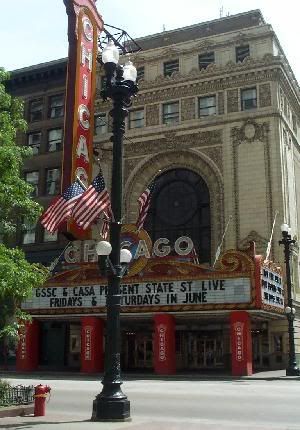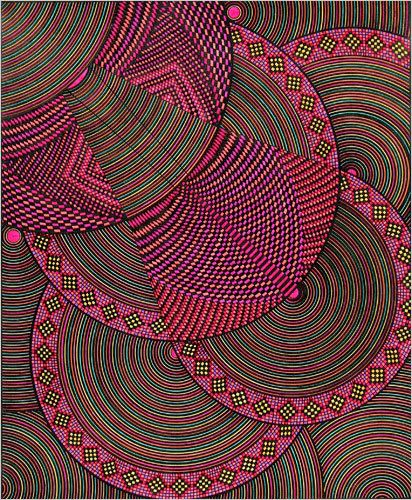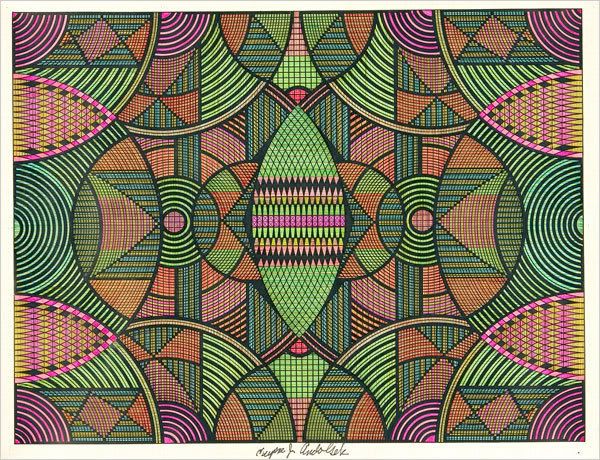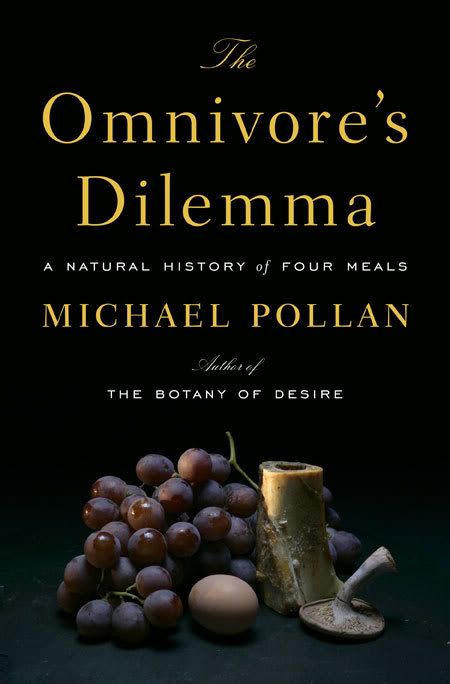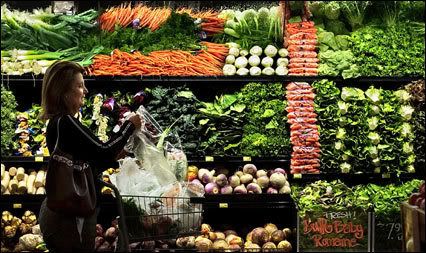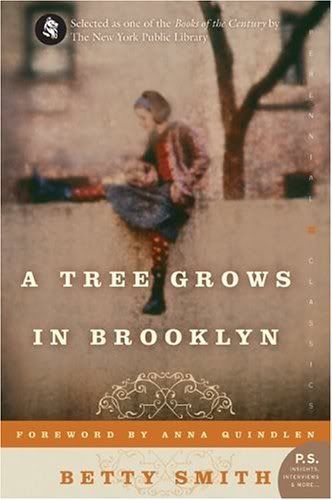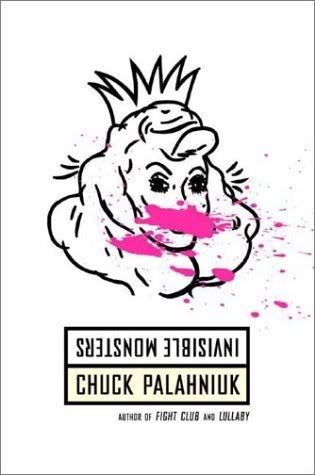 You can count down the facts and it's so depressing. I can only eat baby food. My best friend screwed my fiance. My fiance almost stabbed me to death. I've set fire to a house and been pointing a rifle at innocent people all night. My brother I hate has come back from the dead to upstage me. I'm an invisible monster, and I'm incapable of loving anybody. You don't know which is worse.
You can count down the facts and it's so depressing. I can only eat baby food. My best friend screwed my fiance. My fiance almost stabbed me to death. I've set fire to a house and been pointing a rifle at innocent people all night. My brother I hate has come back from the dead to upstage me. I'm an invisible monster, and I'm incapable of loving anybody. You don't know which is worse.I think the only book I have ever read that was this messed up was Zelda's Cut by Phillipa Gregory. Even then, that story was only strange because the woman and her gay agent used to dress up like the same woman and then have sex, so it was basically like they were doing themselves. Only with two of them.
Anyway, Invisible Monsters by Chuck Palahniuk is so crazy I couldn't stop reading. It's like a tabloid -- you know it's crazy and trashy and whatever else, but it's just so bad you can't stop. It's like you've got to stick around to watch the train wreck.
And what a train wreck it was. Wow. In case you ever read this book, I won't spoil it, but suffice to say that Palahniuk has a real talent for painting a scene. I physically recoiled at some of his descriptions (a girl had her jaw shot off, and she shares the after-effects in graphic detail), but some things, like the opening scene with Evie, the inferno, and the rifle, are just incredibly beautiful in a really sick and terrifying way. Incidentally, the opening scene is also the closing scene, and it's even more fantastic the second time around.
I still feel like I missed something, meaning-wise, but that's okay. I'm okay with this book just being, like Palahniuk says, like a fashion magazine -- probably there's an artistic statement, probably there's a deeper meaning, but for now I'll just flip through, look at the crazy pictures, and wonder if I'm the type of person who can pull off the veil/silk negligee/rifle look.

